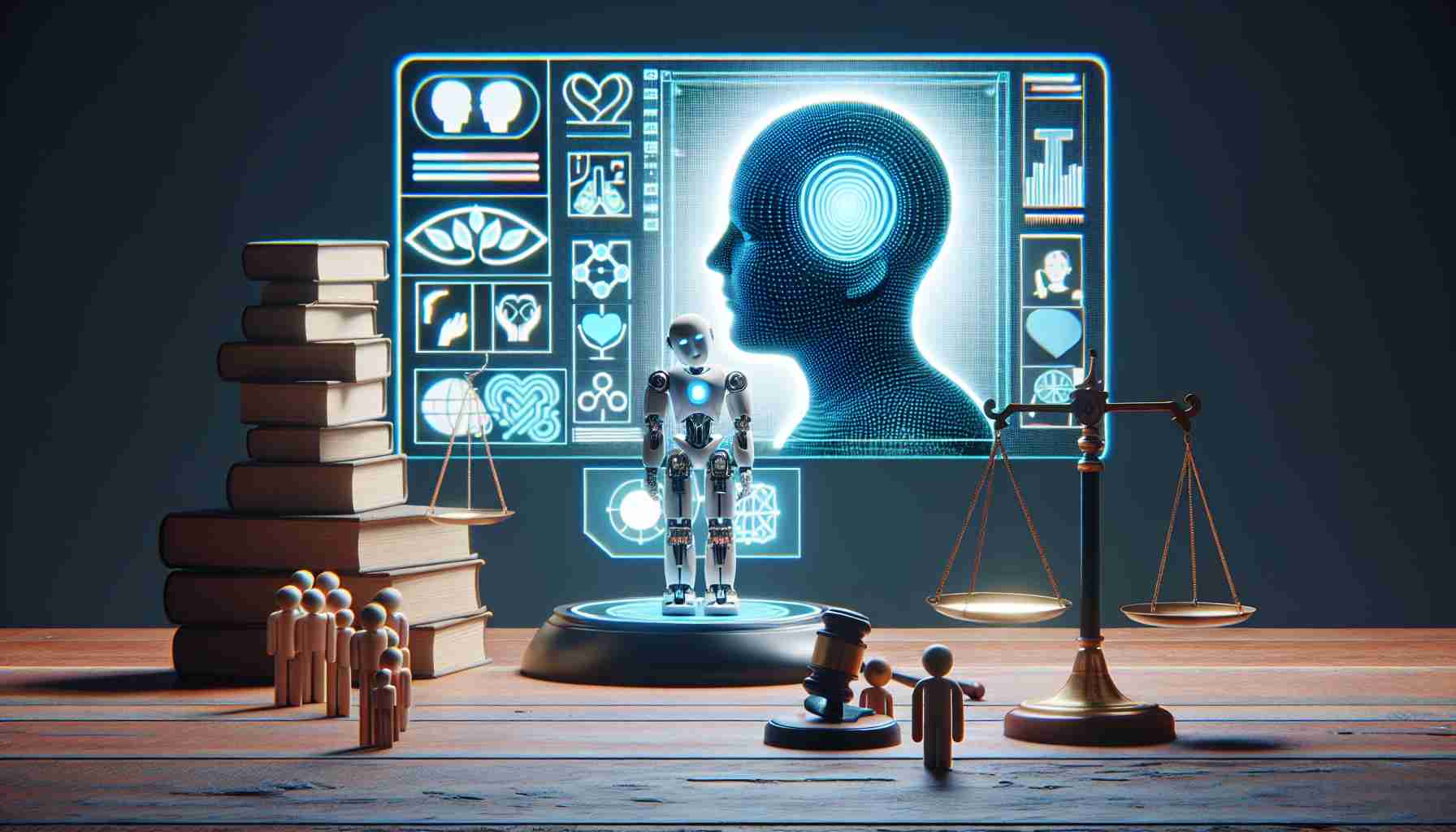Researchers have discovered striking limitations in large language models, including those created by Google and ChatGPT, especially regarding the genuine expression of empathy. These AI systems seem to simulate empathy rather than truly experience it, often extending it indiscriminately, even when it may not be appropriate.
Andrea Cuadra, who spearheaded the research initiatives, stresses the importance of this finding — pointing out the ever-increasing interactions between humans and AI models amid an absence of regulations to guide their development. Without adequate controls, the unchecked advancement may have severe repercussions.
In a series of experiments, the research team aimed to gauge the AI’s responses to personalities generated with twelve intermixed variables. These fabricated identities received uniform empathetic responses that did not necessarily correlate with merit.
Moreover, this study combined data from previous research which evaluated chatbots’ and large models’ reactions to mental health, harassment, and violence. The cumulative data suggest AI tools struggle with conveying empathy.
Users are left with uncertainty about the AI’s emotional understanding. The technology doesn’t aid in processing user experiences, which raises questions about the sincerity of the empathy expressed. Equally concerning is the AI’s evaluation of who merits compassion and the timing for it. Consequently, it’s challenging to envisage the future growth of this technology without setting some boundaries.
AI systems’ simulation of empathy has raised numerous important questions and key challenges:
Important Questions and Answers:
– Can AI truly understand and experience human emotions? Currently, AI cannot genuinely experience emotions. It can simulate empathy based on programmed responses and patterns learned from data, but it doesn’t have consciousness or emotional experiences.
– What are the implications of AI systems that cannot discern when empathy is appropriate? AIs that cannot properly discern when to express empathy could potentially exacerbate situations, offering insensitive or inappropriate responses when genuine understanding is needed.
– How can we mitigate the risk that AI’s simulated empathy might have negative impacts? One approach is to set clear guidelines and frameworks for AI development which consider ethical implications. Involvement from ethicists, psychologists, and other stakeholders is crucial to guide AI development responsibly.
Key Challenges:
– Developing Ethical Guidelines: There is a lack of comprehensive regulations that govern the ethical aspects of AI, such as empathy and decision-making.
– Technical Limitations: Current AI technology has inherent limitations in understanding context and complex human emotions.
– Misuse of Technology: There’s a risk that simulated empathy could be misused in manipulative ways, for instance, in marketing or political campaigns.
Controversies:
– There is a debate over the moral responsibility of AI creators when their systems fail to properly emulate empathy or unknowingly cause harm.
– Privacy concerns arise as AI systems that attempt to express or interpret emotions may need access to sensitive personal data.
Advantages:
– AI can provide immediate and consistent support, such as in customer service or basic therapeutic contexts, without fatigue.
– It can handle vast amounts of data and provide useful insights that humans may overlook.
Disadvantages:
– AI systems may give an illusion of understanding, which can be misleading or damaging in sensitive contexts.
– Over-reliance on AI for empathic interactions could diminish human social skills and emotional intelligence.
For further insights into the ongoing research and dialogue surrounding AI, ethics, and empathetic technology, you may refer to the following reliable sources:
– Association for Computational Linguistics
– American Association for Artificial Intelligence
– Institute of Electrical and Electronics Engineers
– Association for Computing Machinery
Each of these organizations is involved in research and discourse on AI, ethics, and the impacts of technology on society. They do not specifically address the limitations of AI’s empathy and ethics, but they provide a broader context for understanding the challenges and discussions in this domain.
The source of the article is from the blog qhubo.com.ni

